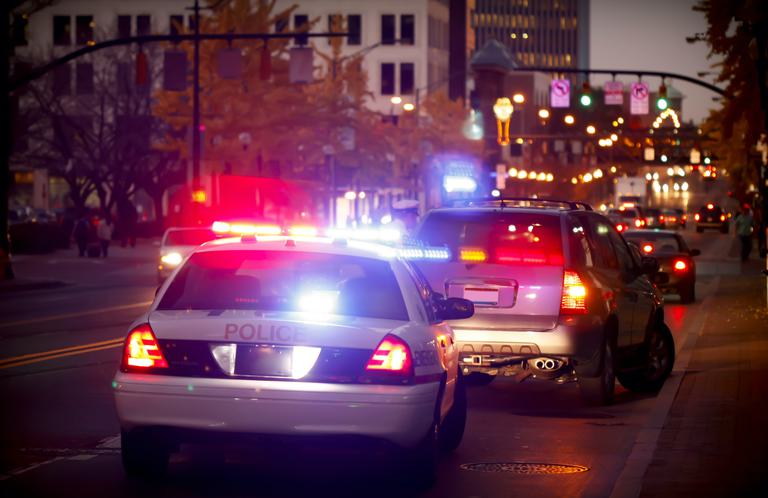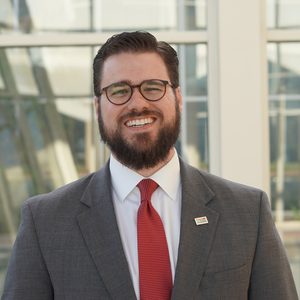
Criminal Justice , Culture & the Family
Ryan Haynie | December 21, 2020
Defunding the police is not the answer
Ryan Haynie
While researching the issue of race and police violence, I recently came across a conversation between Coleman Hughes and John Wood, Jr. Toward the end of an amazing conversation, Hughes pointed out that the national conversation we’re having on race and policing is extremely shallow. It’s well worth an hour of your time to watch two people discuss the issue in a measured, reasonable way.
Last week, the issue of police violence erupted again with the death of Bennie Edwards. According to The Oklahoman, police responded to a call that a man was bothering customers outside a store. When police arrived, a man matching the description was on the scene holding a knife. According to officer reports, the man approached the first responding officer who backed up and tried to disarm him using non-lethal force, including pepper spray and a taser. When the man ran at the officer with a knife, he fired his weapon.
In the aftermath, protesters gathered at the scene—some interfering with the investigation, according to the story in The Oklahoman. Later that night, protesters marched from Oklahoma City Police headquarters to the Oklahoma County courthouse. They carried signs stating, among other things, “Bennie Edwards killed today by OKCPD while unarmed,” “OKLAHOMA CITY PD = Death Squad,” and “Fire these incompetent murderers.”
While I have my critiques of those who appear to “back the blue” at all costs, I think most reasonable people agree that we’re not having a serious discussion about policing. If the reports are true, the officers who shot Edwards were justified. Some argue that police shouldn’t be relied on to respond to mental health emergencies. I don’t necessarily disagree with that. But neither should we ask police to be martial arts masters and attempt to disarm with their bare hands someone carrying a knife.
The narrative on social media centered on the argument that police shouldn’t be responding to mental health crises (Edwards’s family stated he was bipolar and schizophrenic). This leads to claims that the police should be defunded, though what that means depends on who you ask. Such policies should be outright rejected. Yes, we should invest in mental health. But it needn’t come at the expense of funding the police.
I wrote recently that those with undiagnosed mental illness are 16 times more likely to be killed by police. Obviously, something has to be done with respect to mental health. But it’s puzzling to me why some insist that funding must come from the public safety budget. In 2018, teachers got a pay raise, but that same year the OEA was back at the legislature asking for an additional $612 million dollars in increased funding. It arguably makes more sense to pull from common education than from public safety. After all, one of the primary purposes of the state is to protect the public.
Yes, we should invest in mental health services. And perhaps we could see a reduced need for police if we do. But defunding the police upfront is putting the cart before the horse. And despite those who would frame the argument in terms of race, it doesn't appear that defunding the police is even a result the black community wants.
Defunding the police is an unserious solution in search of a problem.

Ryan Haynie
Criminal Justice Reform Fellow
Ryan Haynie serves as the Criminal Justice Reform Fellow for the Oklahoma Council of Public Affairs. Prior to joining OCPA, he practiced law in Oklahoma City. His work included representing the criminally accused in state and federal courts. Ryan is active in the Federalist Society, serving as the Programming Director for the Oklahoma City Lawyer’s Chapter. He holds a B.B.A. from the University of Oklahoma and a J.D. from the University of Oklahoma College of Law. He and his wife, Jaclyn, live in Oklahoma City with their three children.